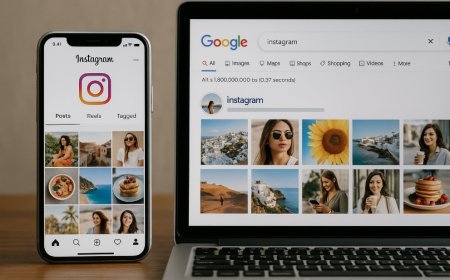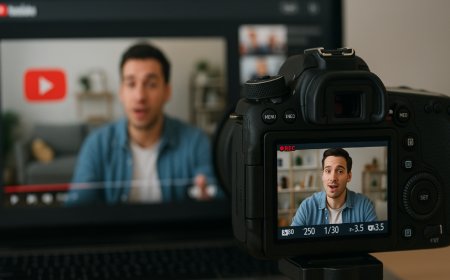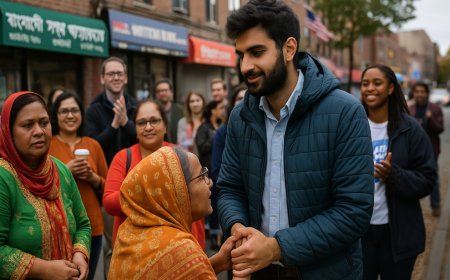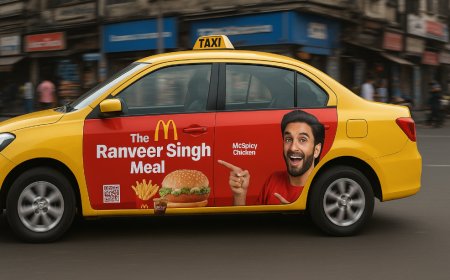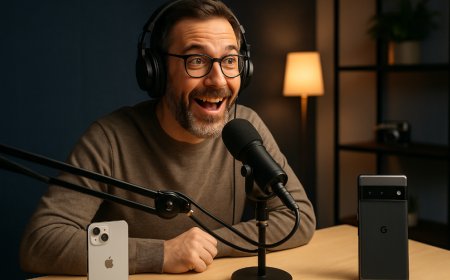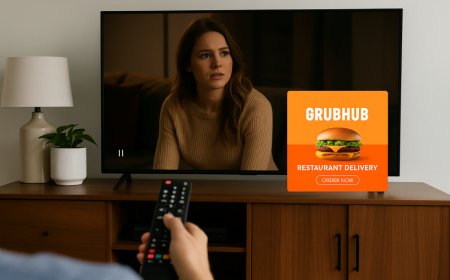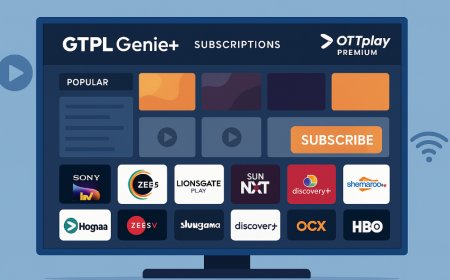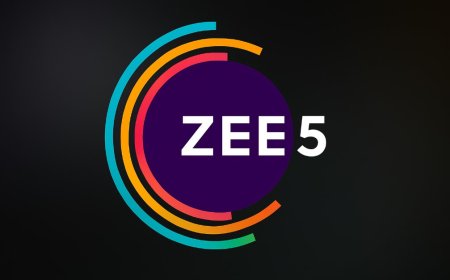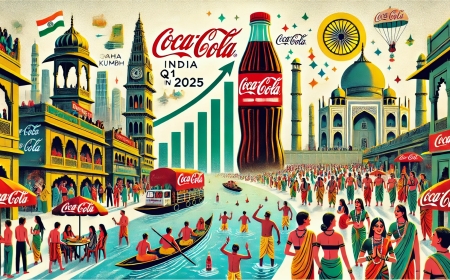The Rise of One-on-One Campaigns: Personalisation at Scale with AI
Explore how brands are using AI to deliver one-on-one personalised marketing experiences at scale—boosting engagement, retention, and conversions.

In a world flooded with content and endless digital noise, the brands that succeed are the ones that feel personal. Today, we’re entering a new era of marketing—the age of one-on-one campaigns, powered not by human effort alone, but by Artificial Intelligence (AI). Gone are the days of generic mass communication. In its place is a smarter, data-driven approach: personalisation at scale.
Whether you're an e-commerce brand, media company, or consumer tech startup, AI is now your most powerful tool in delivering customised user experiences—at every stage of the customer journey.
What Is Personalisation at Scale?
Personalisation at scale refers to the ability to tailor marketing messages, content, and product recommendations to each individual customer—not just a segment or group. With AI and machine learning, businesses can now analyse massive datasets in real-time to understand:
-
What a customer wants
-
When they’re likely to engage
-
On which platform
-
And with what kind of messaging
It’s like having a dedicated marketer for every customer—but powered by algorithms that learn and optimize continuously.
Why One-on-One Campaigns Matter
In today’s hyper-competitive marketplace, customer attention is scarce. Traditional segmentation isn’t enough. Consumers expect brands to:
-
Know their preferences
-
Anticipate their needs
-
Speak to them like individuals, not audiences
AI makes this possible by transforming historical data, behavioural cues, and intent signals into actionable insights. From emails that auto-customise subject lines to websites that adapt product displays in real-time, AI enables one-on-one interactions at scale.
Key Applications of AI in Personalised Marketing
Here are some of the most impactful ways brands are using AI for individualised customer engagement:
1. Dynamic Content Generation
Tools like GPT-powered engines can generate custom blog posts, product descriptions, and ad copy tailored to each user’s profile.
2. AI-Based Product Recommendations
E-commerce platforms like Amazon and Flipkart use collaborative filtering and neural networks to suggest products you’re most likely to buy—based on behavior, location, and previous actions.
3. Email & SMS Personalisation
AI can help:
-
Send emails at optimal times
-
Customise message tone based on past interactions
-
Segment users dynamically in real time
4. Chatbots and Virtual Assistants
AI chatbots use NLP (Natural Language Processing) to offer personalised responses, recommend services, and drive conversions—while gathering more data with each interaction.
5. Predictive Analytics for Customer Retention
AI models can predict which users are likely to churn, what offers may retain them, and when to re-engage with incentives or reminders.
Benefits of AI-Driven Personalisation
-
Higher Engagement: Personalised messages outperform generic ones by a wide margin in terms of open rates and click-throughs.
-
Increased Conversions: Tailored offers and recommendations lead to better conversion rates and cart value.
-
Customer Loyalty: Consumers who feel understood are more likely to stick with a brand.
-
Operational Efficiency: AI automates what would take thousands of human hours—saving time and cost.
Challenges & Ethical Considerations
While the benefits are significant, there are also important concerns to address:
-
Data Privacy: With great data comes great responsibility. Brands must comply with regulations like GDPR and India’s DPDP Act.
-
Algorithm Bias: Personalisation should not reinforce stereotypes or exclude underrepresented groups.
-
Over-Personalisation: Being too targeted can feel intrusive. Finding the balance is key.
Transparency, consent, and respect for user boundaries are essential in AI-driven campaigns.
Real-World Examples
-
Spotify uses AI to curate personalised playlists like Discover Weekly, based on user tastes and listening history.
-
Netflix customises thumbnails and content suggestions for every viewer using machine learning.
-
Nykaa sends dynamic beauty product suggestions based on your skin type, shopping history, and even the season.
These brands demonstrate that AI-driven personalisation isn't the future—it’s already here.
Getting Started with Personalisation at Scale
If you're looking to adopt AI-driven personalisation, here are a few tips:
-
Start with clean data – AI is only as good as the data you feed it.
-
Use tools with built-in machine learning – CRMs, ESPs, and analytics platforms are increasingly AI-enabled.
-
Test and iterate constantly – AI thrives in a feedback loop; track what works and refine continuously.
-
Respect consent and privacy – Make sure your campaigns are ethical and legally compliant.
Final Thoughts
The age of one-size-fits-all marketing is fading. In its place is an era where AI allows brands to treat every customer as a unique individual—without compromising on scale. One-on-one campaigns powered by personalisation and automation are no longer a luxury—they’re a competitive necessity.
What's Your Reaction?
 Like
0
Like
0
 Dislike
0
Dislike
0
 Love
0
Love
0
 Funny
0
Funny
0
 Angry
0
Angry
0
 Sad
0
Sad
0
 Wow
0
Wow
0
